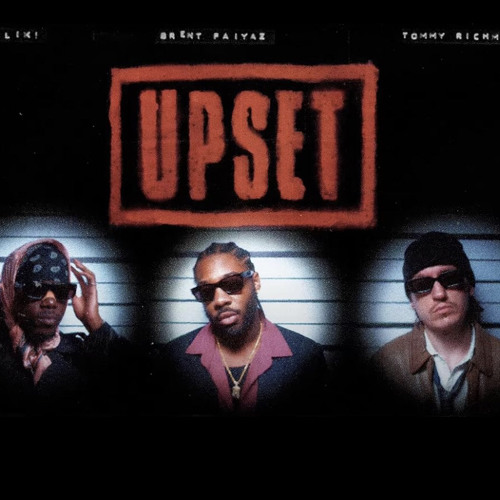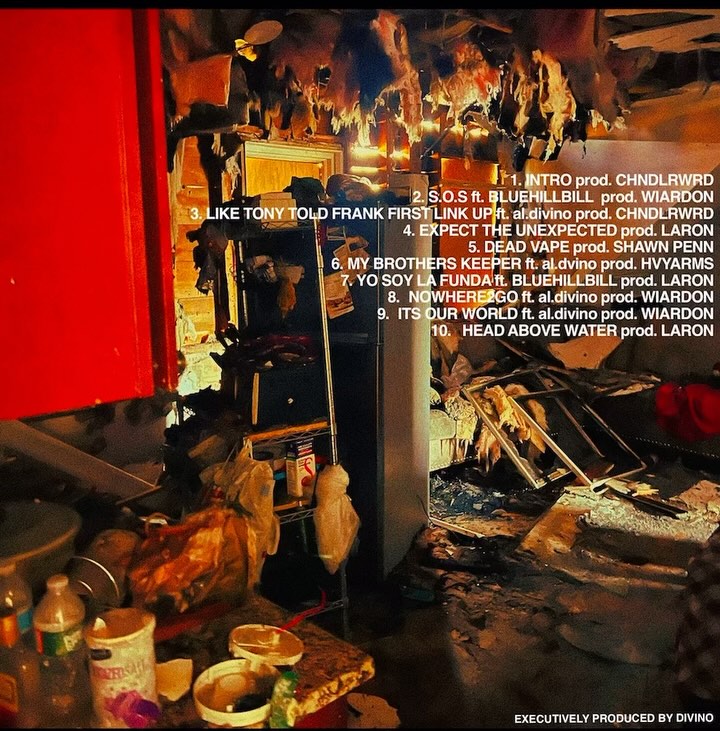Key music industry groups, alongside Sony Music Entertainment, Universal Music Group, and Warner Music Group, are supporting the Transparency and Responsibility for Artificial Intelligence Networks (TRAIN) Act. Introduced by Senator Peter Welch, the bill aims to address concerns over AI developers using copyrighted materials without proper disclosure.
Under the TRAIN Act, rightsholders suspecting their works were used to train AI models could request a subpoena through a U.S. district court. This would compel AI developers to reveal materials identifying whether copyrighted works were used in training. The request must be supported by a “good faith belief” from the rightsholder.
Senator Welch highlighted the challenges faced by creators due to the opaque nature of AI development, where developers often don’t disclose training data sources. Cases like those against Anthropic and generative AI music platforms Suno and Udio underscore the difficulty in proving unauthorized use. The TRAIN Act aims to simplify these processes, though it doesn’t mandate compensation for copyright use—only transparency.
Parallel legislation, such as the COPIED Act, proposes stricter measures, including making it illegal to use copyrighted works for AI training without permission. However, debates over the “fair use” doctrine in AI training remain unresolved, with multiple lawsuits currently in court.
The TRAIN Act has garnered support from groups like ASCAP, BMI, and the RIAA, alongside unions and organizations from the film, TV, and publishing sectors. Advocates, including NMPA President David Israelite, emphasize the bill’s role in protecting creators from exploitation by AI practices.
Supporters argue that the legislation is essential for preserving the creative economy and ensuring artists’ rights in the age of generative AI. If passed, the TRAIN Act would establish transparency standards while balancing feasibility for AI developers.














